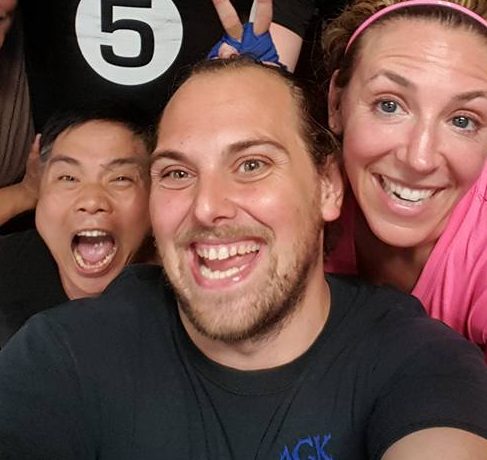Healthy brain development is one of the most important aspects of childhood development.
More specifically, the first few years of life are a significant time for this because synaptic connections are at a peak level. This early stage is the time when positive and nurturing experiences are vital so that the brain can form strong networks that set the foundation for learning.
By understanding the importance of early synaptic connections, parents realized that having their children participate in enriching programs, such as Mini SKILLZ, that assist in this development is worthwhile.

Synapses are connections between neurons (the cells that make up nerves and brain tissue) that transmit signals to each other in the brain. At around 2 to 3 years of age, the formation of synapses hits the highest point in the human brain.
After that, the process of synaptic pruning begins, and unnecessary connections in the brain are removed. This pruning is a vital component of brain development because the eliminating of the unused links makes room for more essential synapses to be strengthened. By doing this, the brain becomes more efficient when learning more complex information as development continues.
The process of synaptic pruning is primarily based on a child’s experiences.
According to the research article “Brain Development and the Role of Experience in the Early Years,” researchers Adrienne Tierney and Charles Nelson of Harvard state that “experiences in the early years of childhood affect the development of brain architecture in a way that later experiences do not.” Because of this, fostering positive emotions during this process is vital so that children are better able to understand and remember a learning experience.
During the vital years of peak synaptic connections is the time when children should be introduced to environments that strengthen these.
According to the Harvard Center on the Developing Child, “The emotional and physical health, social skills, and cognitive-linguistic capacities that emerge in the early years are all important prerequisites for success in school and later in the workplace and community.”
By understanding this, Melody Johnson created the Mini SKILLZ program for children ages 18 to 36 months. This powerful play environment establishes a foundation for the development of healthy brain structures.
It is important to note, however, that negative experiences during these early years also affect the connections made in the brain. Stress and deprivation could lead to what Tierney and Nelson call a “miswiring of brain circuits” and cause synapses related to these negative experiences to strengthen and cause behavioral problems later.
Therefore, children need to experience nurturing and positive interactions with their parents and any other caregivers and important adults in their lives.
The more positive experiences, the more those connections will be strengthened, causing more of the negative synapses to be pruned away.
Since the framework of the Mini SKILLZ program incorporates research in the areas of science, psychology, and child development, the curriculum has a significant impact on children who participate. This impact is even more substantial because it implements Parent SKILLZ and utilizes the child-guardian relationship, all of which encourage positive interactions. This program, therefore, creates an atmosphere for healthy brain development.
Positive environments promote healthy brain development. Constant positive stimulation in the early years helps synapses to grow and become permanent. Once formed, they can either be strengthened or weakened. Therefore, it’s important to nurture the positive experiences in the early years. One of the best ways to do this is by participating in an enriching program that fosters the development of the whole child.
To learn more about this powerful childhood development program, or to get your child started, click the button below:
4GK MARTIAL ARTS
380 East Main St
Patchogue, NY 11772
Author: Jennifer Salama of Skillz Worldwide.
Jennifer is a 4th-degree black belt and has been training in martial arts since 2001. She has a Masters Degree in Child Psychology and has embraced the SKILLZ curriculum because of its focus on child development and using martial arts as a vehicle to develop the child as a whole.


















